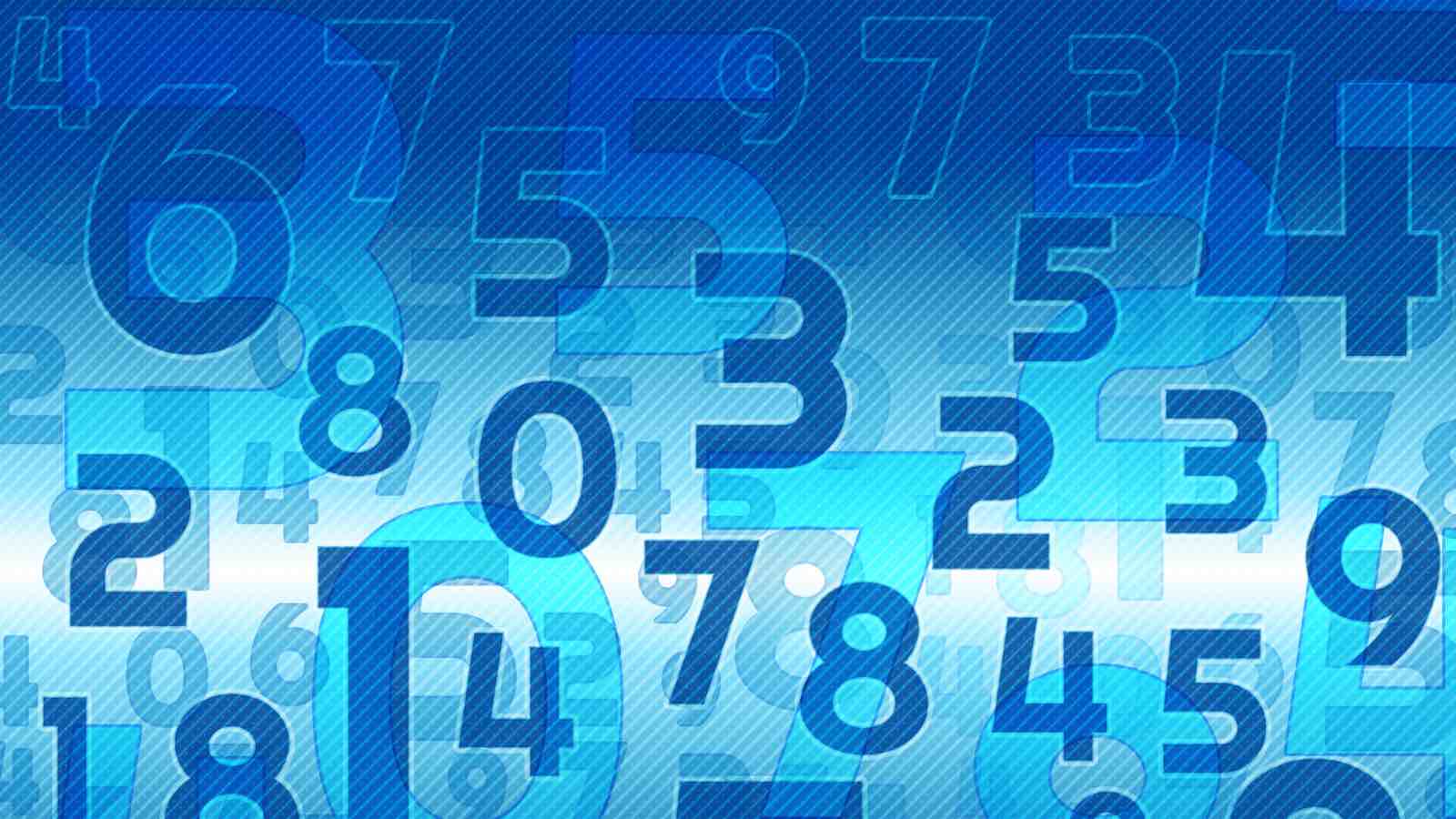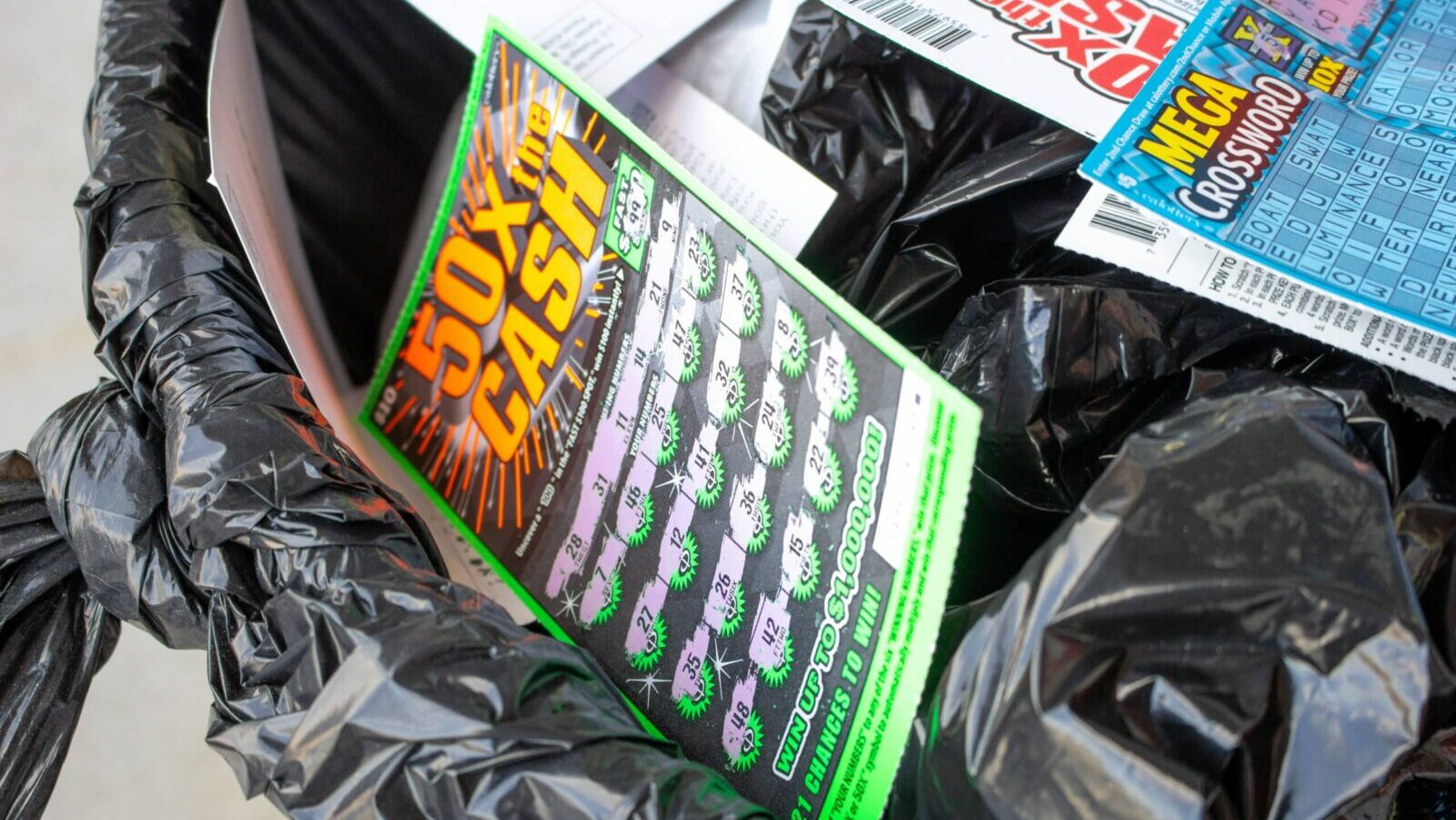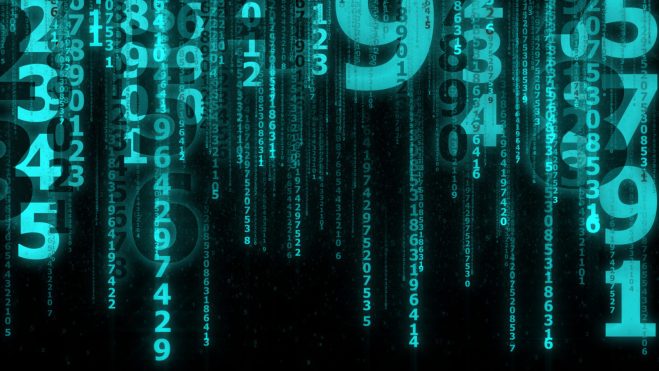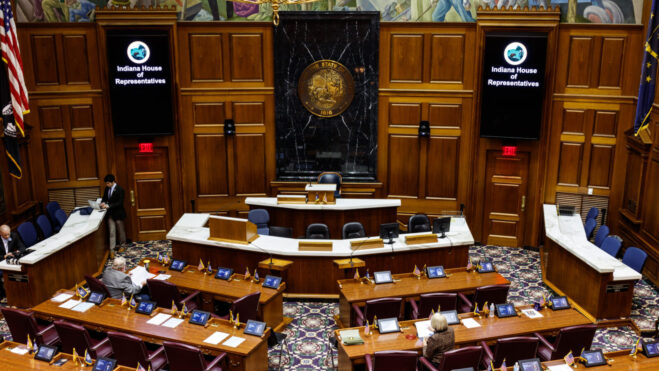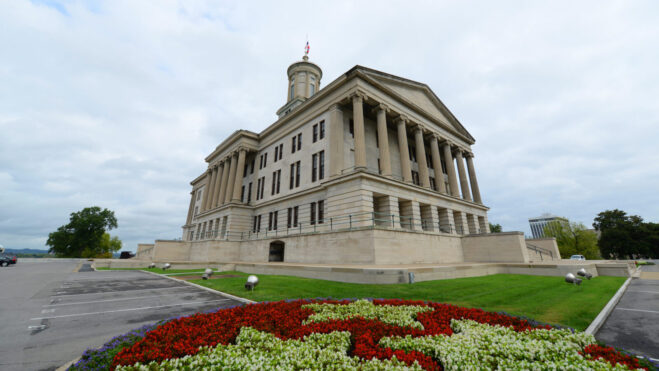Virginia Governor Vetoes Skill Games Bill After Convenience Store Lottery Sales Protest Halted
Prior to Virginia Gov. Youngkin vetoing a bill to legalize skill games, convenience stores ended their brief boycott of lottery ticket sales.
2 min
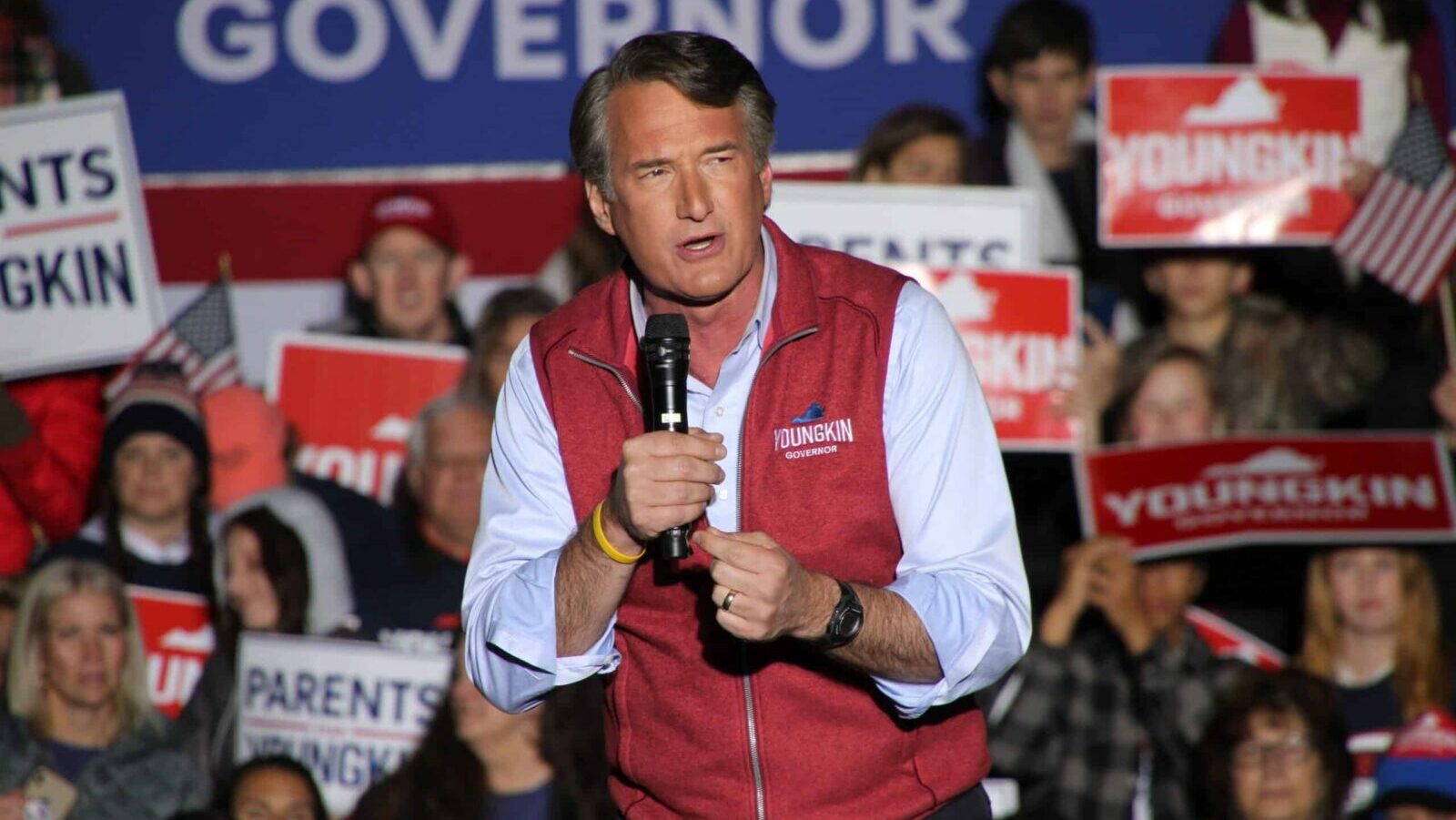
Virginia Gov. Glenn Youngkin vetoed a bill on Friday — one of 48 that met the same fate — that sought to legalize and regulate “skill games” within the state. This decisive action comes amidst a contentious debate over the place of such games in Virginia’s social and economic landscape.
The vetoed legislation was aimed at establishing a framework for the operation of skill games, often likened to slot machines, in various establishments including convenience stores, truck stops, and restaurants.
Gov. Youngkin’s veto aligns with his administration’s stance on maintaining stringent regulatory standards for gambling activities. The governor’s office has stated that the proposed bill did not meet his criteria, citing concerns over the adequacy of regulatory measures and potential social implications.
The governor’s decision was anticipated. It followed his previous attempts to amend the bill with a higher tax rate and more restrictive operational conditions for the skill games, which the General Assembly did not accept.
However, the situation is still evolving, and the focus now shifts to the potential pathways forward. The Virginia Mercury reports that the governor’s office has expressed a willingness to continue discussions with the General Assembly. As a result, the General Assembly could deliberate on the possibility of a special session to address this issue, but that’s the least likely path.
Discord in the ranks
The crux of the disagreement between Gov. Youngkin and the General Assembly lay in the approach to regulation and taxation of the machines. While the General Assembly sought a more lenient regulatory environment with a lower tax rate, Youngkin advocated for a more controlled rollout. He repeatedly pushed for a higher tax rate and tighter restrictions on their locations.
Skill game supporters, comprising business owners and some within the gambling industry, are expected to regroup and strategize a response. They could potentially lobby for revised legislation that could align with the governor’s demands.
Last week, prior to Youngkin’s veto, the coalition of convenience store owners who had been protesting the ban on skill games by halting the sale of Virginia Lottery products ceased their protest. This decision came following indications of progress in legislative efforts. There was talk of a potential compromise that could see a resolution to the impasse, but it fell through.
The halt in lottery sales was a tactical move to draw attention to the economic impact of the ban on small businesses. However, it’s unclear if it caused anything more than a ripple in Virginia Lottery sales.
Round and round
Virginia’s stance on skill games has seen a tumultuous journey since an initial ban in 2021. The Commonwealth’s lawmakers, aiming to curb what they deemed unregulated gambling, passed legislation outlawing these electronic skill games.
Despite the assertion that these games resemble slot machines, manufacturers assert that they require an element of skill, making them different them from chance-based gambling. This distinction became a focal point of the legal debate, with proponents of the games seeking to exploit this gray area in Virginia’s gambling laws.
The ban’s enforcement was halted for nearly two years due to legal challenges from supporters. They argued that the machines were a source of entertainment and income for many businesses.
Despite the temporary reprieve granted by the courts, the Virginia Supreme Court reinstated the ban in the fall of last year, citing the state’s authority to regulate gambling activities. This decision came as a blow to the skill game industry, which had hoped to overturn the prohibition permanently.
The state Supreme Court emphasized that the regulation of gambling falls squarely within the Commonwealth’s powers. With that ruling, it dismissed the argument that the ban impinged on free speech rights related to video games and gaming devices.

